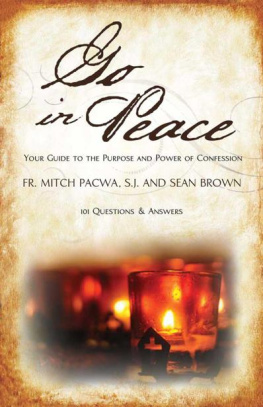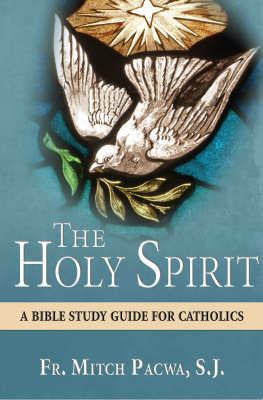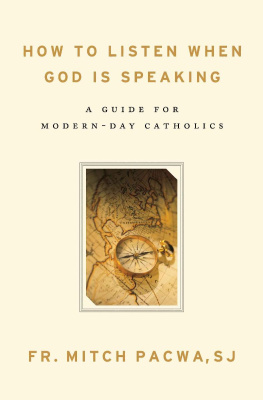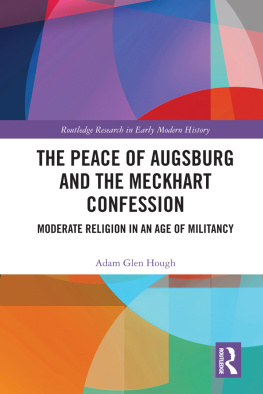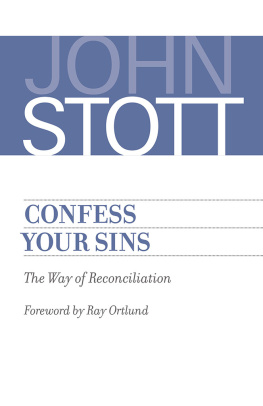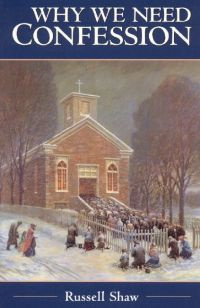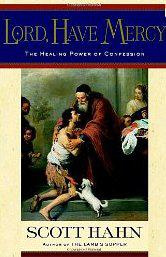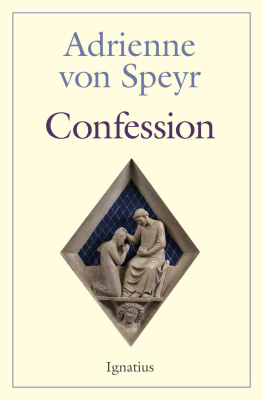

West Chester, Pennsylvania
Copyright 2007 Ascension Press,. All rights reserved.
With the exception of short excerpts used in articles and critical reviews, no part of this work may be reproduced, transmitted, or stored in any form whatsoever, printed or electronic, without the prior written permission of the publisher.
Scripture verses contained herein are from the Catholic Edition of the Revised Standard Version of the Bible, copyright 1965, 1966 by the Division of Christian Education of the National Council of the Churches of Christ in the United States of America. Used by permission. All rights reserved.
Ascension Press
Post Office Box 1990
West Chester, PA 19380
Orders: 1-800-376-0520
www.AscensionPress.com
Cover design: The Design Works Group, Inc., Sisters, Oregon
Printed in the United States of America
07 08 09 10 11 12 9 8 7 6 5 4 3 2
ISBN-13: 978-1-932927-95-5
To Our Lady, the Mother of Mercy
and Refuge of Sinners
Acknowledgments
Many thanks to Matthew Pinto and the entire team at Ascension for making this book a reality; to Michael J. Miller for his editing of the questions and answers and his many helpful suggestions; to the Design Works Group for their creative cover design; and to all priests who reconcile souls to God through this wonderful sacrament of Gods grace.
Biblical Abbreviations
The following abbreviations are used for the various Scriptural
verses cited throughout the book.
Old Testament
Gn Genesis
Ex Exodus
Lv Leviticus
Nm Numbers
Dt Deuteronomy
Jos Joshua
Jgs Judges
Ru Ruth
1 Sam 1 Samuel
Jon Jonah
Mi Micah
Na Nahum
Hb Habakkuk
Zep Zephaniah
Hg Haggai
Zec Zechariah
Mal Malachi
New Testament
Mt Matthew
Mk Mark
Lk Luke
Jn John
Acts Acts
Rom Romans
1 Cor 1 Corinthians
2 Cor 2 Corinthians
Gal Galatians
Eph Ephesians
Phil Philippians
Col Colossians
1 Thess 1 Thessalonians
2 Thess 2 Thessalonians
1 Tm 1 Timothy
2 Tm 2 Timothy
Ti Titus
Phlm Philemon
Heb Hebrews
Jas James
1 Pt 1 Peter
2 Pt 2 Peter
1 Jn 1 John
2 Jn 2 John
3 Jn 3 John
Jude Jude
Rv Revelation
2 Sam 2 Samuel
1 Kgs 1 Kings
2 Kgs 2 Kings
1 Chr 1 Chronicles
2 Chr 2 Chronicles
Ezr Ezra
Neh Nehemiah
Tb Tobit
Jdt Judith
Est Esther
1 Mc 1 Maccabees
2 Mc 2 Maccabees
Jb Job
Ps Psalms
Prv Proverbs
Eccl Ecclesiastes
Sng Song of Songs
Wis Wisdom
Sir Sirach
Is Isaiah
Jer Jeremiah
Lam Lamentations
Bar Baruch
Ez Ezekiel
Dn Daniel
Hos Hosea
Jl Joel
Am Amos
Ob Obadiah
101 Questions and Answers
1. What is confession?
Confession is the name popularly given to the sacrament of the Catholic Church by which sins committed after baptism are forgiven. However, confession is just one element of this sacrament. Its other necessary elements include penance, reconciliation, and absolution, all of which will be discussed in later questions. A sacrament is an outward sign instituted by Jesus Christ to communicate Gods grace (CCC 1210). Christ gave the seven sacraments to the apostles, who celebrated them from the earliest days of the Church. It is the responsibility of the apostles successors, the bishops, to ensure that the sacraments are celebrated in accord with the will of Christ. Confession is the element of the sacrament of reconciliation in which a person acknowledges his or her personal sins and tells them to a priest. After listening to the confession, the priest may counsel the penitent; he will always impose a penancethat is, some prayer or an act of self-sacrifice or discipline designed to help heal the effects of sin in the penitent and to strengthen his or her commitment to sin no more. Finally, the priest, by virtue of his ordination and a faculty (i.e., delegated authority) given to him by the bishop, proclaims the words of absolutionI absolve you from your sins, in the name of the Father, and of the Son, and of the Holy Spiritto declare that the persons sins are forgiven and that he or she is reconciled with God and His Church.
2. Ive also heard confession called reconciliation and penance. Is there any difference between these terms?
Each of these three termsconfession, penance, and reconciliationdescribes one particular aspect of the very rich experience of receiving this sacrament. Confession emphasizes the act of accusing oneself of ones sins in the presence of Christ (represented by a priest, who is traditionally called a confessor ). The term penance emphasizes the two aspects of personal repentance in this sacrament: first, conversion or turning away from sin, and second, the expression of sorrow through prayer, restitution, and sacrifice. (The person going to confession is commonly referred to as the penitent .) Finally, reconciliation describes the interpersonal effect of the sacrament, by which the penitent is reconciled with God and the Church. On December 2, 1973, the Congregation for Divine Worship, the Vatican office which regulates the celebration of the sacraments, published a decree on confession which begins with and emphasizes reconciliation. Though the sacramental liturgy is officially called the Rite of Penance, the term reconciliation emphasizes what God does for the penitent in the sacrament, rather than what the penitent does by confessing and performing acts of penance.
3. Is confession just a Catholic thing or do other Christians have this practice also?
Some other Christian communities also celebrate the sacrament of reconciliation or confession. The Eastern Orthodox Churches, which have preserved apostolic succession through their bishops and therefore have a valid priesthood, include this sacrament among their seven. These Churches use the term mystery (from the Greek word mysterion ) rather than sacrament, a Latin word meaning oath or binding obligation, which came to mean religious mystery as well. Most Protestant denominations do not recognize confession or reconciliation as one of their sacraments. Usually these are limited to baptism and holy communion, although some denominations also recognize confirmation, while others include marriage and ordination to the ministry among their sacraments. Some denominations do not believe in sacraments at all but prefer to speak of ordinances that is, certain rituals which Christ ordained and commanded Christians to perform. Nonetheless, most Protestant denominations recognize the need to confess ones sins. Therefore, some have instituted opportunities to meet in the pastors parlor to confess sins and ask for prayer. Other denominations emphasize the communal confession of sin, particularly at revival meetings. In these experiences, though, the emphasis is on the penitents act of faith in the power of Jesus to forgive sins rather than on any power or authority of the minister. Therefore, Protestant ministers do not pronounce any words of absolution.
4. Do any non-Christian religions have a practice similar to confession?
Yes, some non-Christian religions do have practices which are similar to confession. This fact illustrates the human need to confess ones moral failures to another person, not only for psychological reasons but also because of a deeper spiritual need to reconcile the reality of ones good, holy, and spiritual intentions with the reality of ones sins.
Next page
